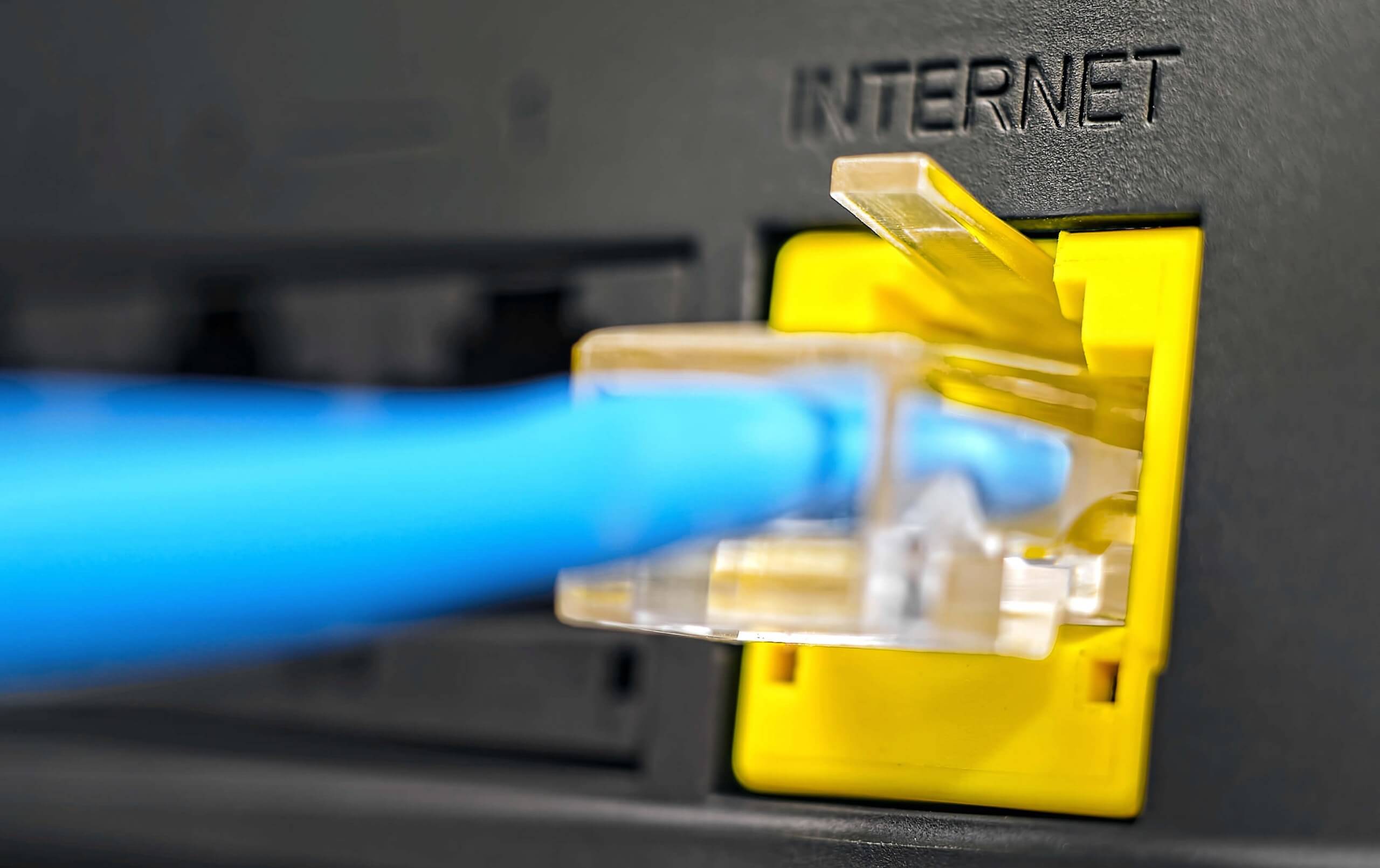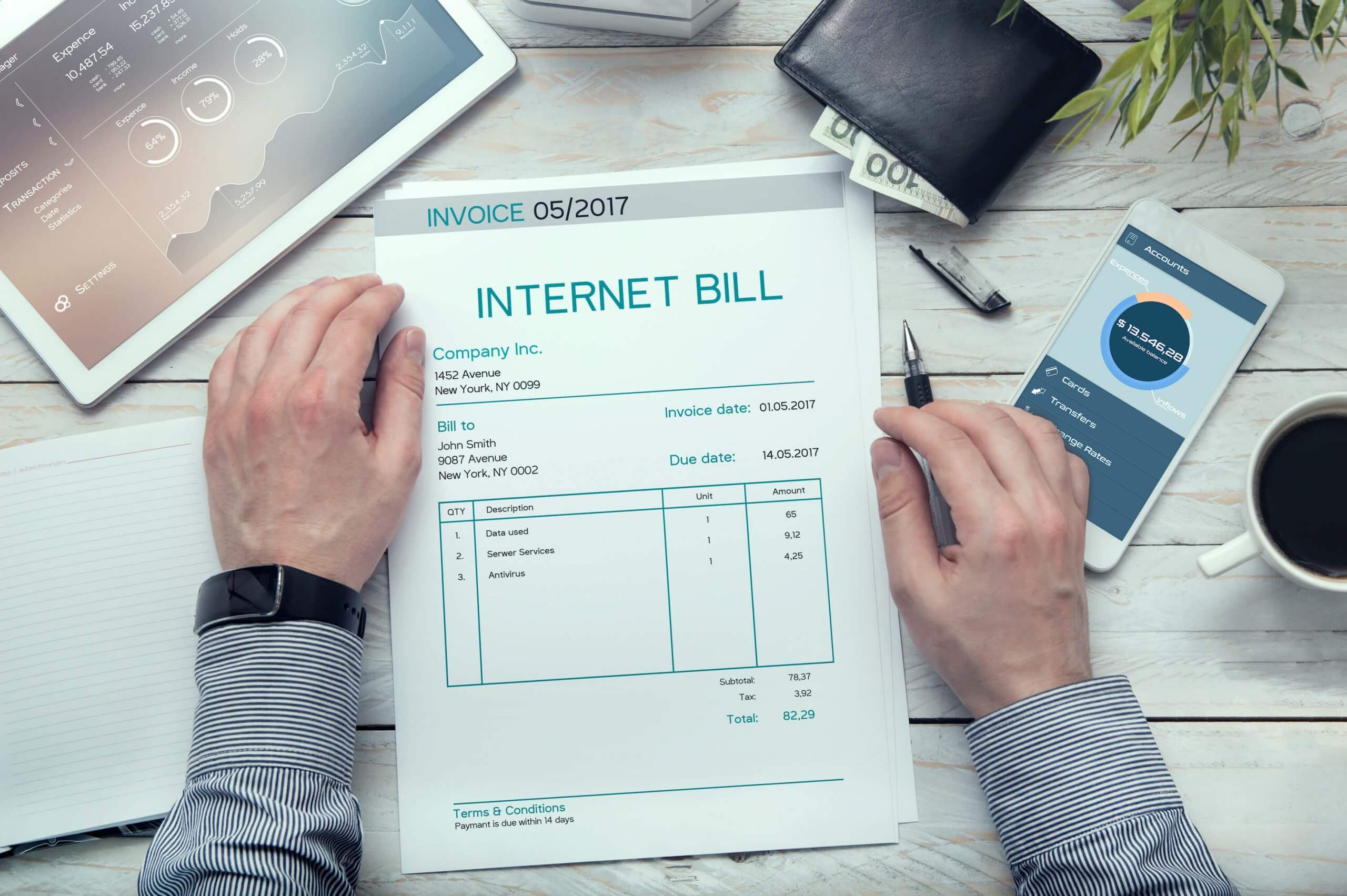In context: Internet service providers (ISPs) are notorious for their hidden fees --- charges that are tacked on to their advertised price after you have subscribed. Some are legitimate, like taxes. Others are sketchy at best, like the Broadcast TV Surcharge, which charges users for channels that they can view freely with an aerial antenna.
A highly questionable charge internet service providers use is the Cable Modem Rental Fee (alternatively called "WiFi Fee"). While a charge for loaned equipment seems justified, many ISPs apply this surcharge even for customers with their own modems. The practice is tantamount to theft, which is why legislators passed the Television Viewer Protection Act (TVPA) last year.
The TVPA has a "truth-in-billing" provision that bans the practice of charging customers rental fees when the ISP has not issued equipment to the subscriber. The law gives service providers until June 20 to comply. However, the Federal Communications Commission (FCC) has intervened and extended the deadline to December 20, 2020. Meaning ISPs can continue ripping off customers until the end of the year.
The FCC feels that ISPs need to be allowed to focus their resources on keeping connectivity to customers during the coronavirus hysteria.

"So that these service providers may focus their resources on this critical effort, we provide appropriate flexibility for MVPDs [multichannel video programming distributors] and providers of fixed broadband Internet access service to fulfill their obligations under the Television Viewer Protection Act of 2019 (TVPA)," the FCC's ruling reads. "Specifically, by this Order, we exercise our discretion under the TVPA to grant a blanket extension until December 20, 2020, of the effective date of new truth-in-billing requirements set forth in section 642 of the Communications Act of 1934, as amended (the Act), as added by section 1004 of the TVPA."
Back in March, the FCC enacted the Keep Americans Connected Pledge, in which many companies, including AT&T, Verizon, Comcast, and others are participating. Providers big and small taking the pledge agree to waive late fees, open their WiFi hotspots to public use, and not cancel service to subscribers struggling to pay their bills. These terms are binding for 60-days from the day an ISP agrees to them.
While most companies have already agreed to extend their commitments through the end of June, the ruling does not explicitly state that they must continue the pledge through the six-month extension. One is left to wonder if, come July, companies will go back to charging late penalties on top of their bogus and soon to be illegal WiFi fees.
